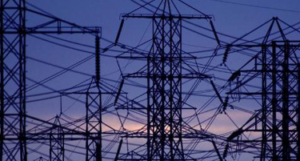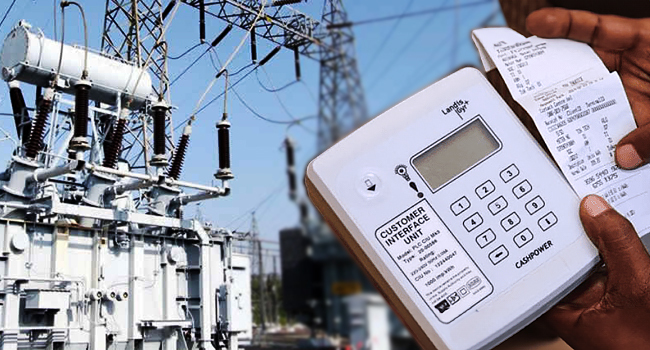Electricity distribution companies in Nigeria have defended the recent hike in electricity tariffs, emphasizing that customers in Band A currently enjoy some of the lowest rates in West Africa. Speaking on behalf of the country’s 11 electricity distribution companies, Sunday Oduntan, the spokesman for the Association of Nigerian Electricity Distributors (ANED), made these remarks while addressing journalists on Thursday.
Oduntan argued that even though Band A customers are paying the highest tariffs within Nigeria, their rates remain the lowest when compared to similar customers across West Africa. He pointed out that electricity consumers in neighboring countries like Benin Republic, Mali, Burkina Faso, and Ghana enjoy better electricity service delivery because they are willing to pay for it.
“The reason these neighboring countries have better electricity output is that consumers pay for the service,” Oduntan explained. He further argued that the ability of these countries to charge higher tariffs allows their power sectors to recover costs effectively and reinvest in infrastructure and service improvements. “That is why the people supplying electricity in these countries are able to recover their costs,” he said. According to Oduntan, for the Nigerian power sector to improve, there must be adequate funding, which requires moving towards a cost-reflective tariff regime.
 The debate over electricity tariffs in Nigeria has been ongoing, particularly after the government announced earlier this year that it would begin phasing out subsidies for certain categories of customers. Under the current arrangement, customers who receive at least 20 hours of electricity daily fall under Band A, and while they were initially paying N225/kWh, this was recently reviewed to about N209.80/kWh.
The debate over electricity tariffs in Nigeria has been ongoing, particularly after the government announced earlier this year that it would begin phasing out subsidies for certain categories of customers. Under the current arrangement, customers who receive at least 20 hours of electricity daily fall under Band A, and while they were initially paying N225/kWh, this was recently reviewed to about N209.80/kWh.
The decision to increase tariffs has sparked backlash from many Nigerians, who argue that the quality of electricity supply does not justify the higher costs. However, the Federal Government and ANED maintain that the current subsidy regime is unsustainable. Minister of Power Adebayo Adelabu has emphasized the need for a gradual transition to a full cost-reflective tariff regime, starting with certain customer categories.
Adelabu noted, “The journey starts now. We must begin a gradual migration from the subsidy regime to a full cost-reflective regime, and it has to start with some customers.” This sentiment is echoed by the ANED spokesman, who stressed that customers in Band A are already paying the true cost of electricity in Nigeria, which reflects the actual cost of production without government subsidies.
“The people in Band A pay more than others because they pay the true cost of electricity in Nigeria, which covers the cost of production—the landing cost of electricity—without any subsidy. They are the ones paying without the government subsidizing them,” Oduntan said during the address. He further clarified that other customer categories, such as those in Band B, are still receiving significant subsidies from the government, with some customers being subsidized by as much as 67 percent.
In summary, the defense of the tariff hike by the electricity distribution companies hinges on the argument that a cost-reflective tariff is necessary for the sustainability and improvement of the power sector in Nigeria. While this position has been met with resistance from consumers, the government and ANED are standing firm in their decision, stressing the importance of aligning electricity prices with the actual cost of service delivery.




